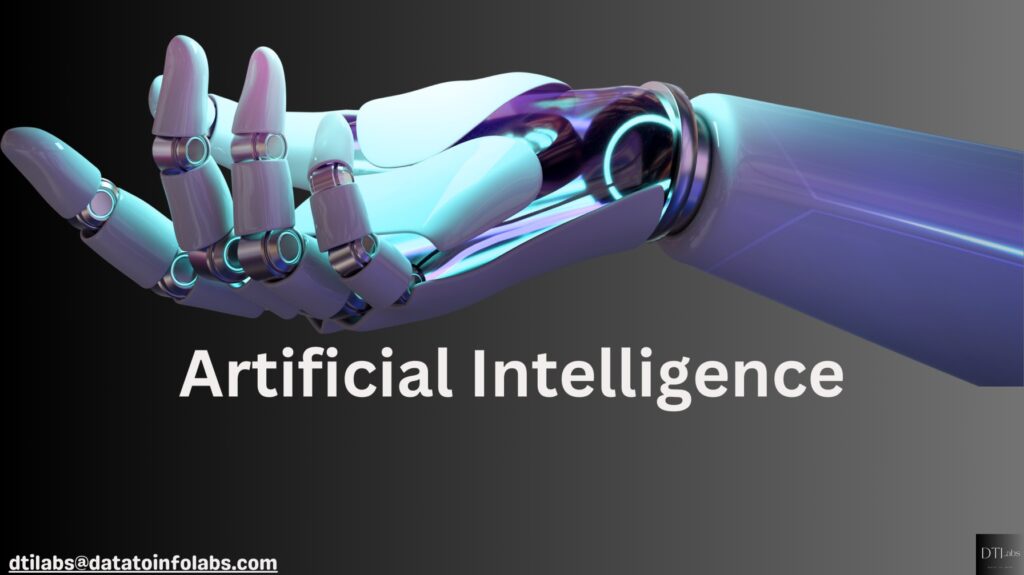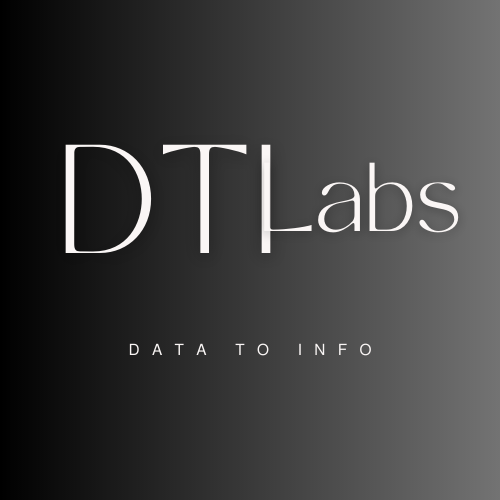Artificial Intelligence (AI) has become an integral part of our modern world, revolutionizing various industries and shaping our daily lives in ways we couldn’t have imagined before. From voice assistants and self-driving cars to advanced medical diagnostics and recommendation systems, AI has permeated almost every aspect of our society. In this article, we will delve into the fascinating realm of artificial intelligence, exploring its definition, applications, and potential impact on the future.

Defining Artificial Intelligence
Artificial Intelligence refers to the development of computer systems that can perform tasks that typically require human intelligence. These systems are designed to simulate human thought processes, such as learning, reasoning, problem-solving, and decision-making. AI algorithms analyze vast amounts of data, identify patterns, and make predictions or take actions based on the information processed.
Types of Artificial Intelligence
- Narrow AI: Also known as Weak AI, this type of AI is designed to perform specific tasks within a limited domain. Examples include virtual assistants like Siri and Alexa, spam filters, and image recognition systems. Narrow AI excels in its predefined area but lacks the ability to generalize beyond its specific task.
- General AI: Also referred to as Strong AI, General AI possesses human-level intelligence and can understand, learn, and apply knowledge across various domains. However, achieving true General AI is still a subject of ongoing research and remains a future goal for the field of AI.
Applications of Artificial Intelligence
Artificial Intelligence has found applications in numerous industries, enhancing efficiency, accuracy, and decision-making processes. Some key areas where AI is making significant contributions include:
- Healthcare: AI algorithms can assist in disease diagnosis, drug discovery, and personalized medicine. They can analyze medical images, such as X-rays and MRIs, to detect abnormalities and aid in early detection of diseases.
- Finance: AI enables algorithmic trading, fraud detection, risk assessment, and personalized financial recommendations. Machine learning algorithms analyze vast financial datasets to identify patterns and make predictions.
- Transportation: Self-driving cars and autonomous vehicles rely on AI technologies to navigate, interpret traffic conditions, and make real-time decisions, improving road safety and efficiency.
- Education: AI-powered educational tools provide personalized learning experiences, adaptive tutoring, and intelligent content recommendations tailored to individual students’ needs.
- Customer Service: Chatbots and virtual assistants powered by AI can handle customer inquiries, provide instant support, and improve the overall customer experience.
Ethical Considerations:
As AI becomes more pervasive, ethical considerations arise. Ensuring the responsible development and use of AI is crucial. Concerns include data privacy, algorithmic bias, job displacement, and potential social implications. Ethical frameworks and regulations are being developed to address these concerns and ensure that AI is used for the betterment of society.
The Future of Artificial Intelligence
The future of AI holds immense potential. Advancements in deep learning, natural language processing, and robotics are driving AI’s growth. As technology progresses, we may witness the emergence of General AI, which could bring significant changes to various industries and society as a whole. However, with such advancements, it becomes increasingly important to consider the ethical and societal implications of AI and ensure its responsible development and deployment.
Top 10 Highly Demanded Artificial Intelligence Job Roles
Artificial Intelligence (AI) has become a driving force in various industries worldwide. According to Forbes, the job market for AI roles is growing at a rate of over 70 percent. Tech professionals are eager to explore the job opportunities that can propel their careers to new heights. If you’re curious about the most sought-after AI job roles and their potential earnings, read on to discover the latest advancements in technology from a business perspective.
- Machine Learning Engineer Machine Learning Engineers play a vital role in simplifying machine learning principles within a company’s context. They possess exceptional data management skills and work with neural networks, cloud applications, and software development tools. With access to vast amounts of data, these engineers contribute to customer insights, risk management, and more.
- Artificial Intelligence (AI) Engineer AI Engineers excel in understanding business problems and applying their vast knowledge and experience to develop, test, and implement AI algorithms. With just 1-2 years of experience, these professionals can earn impressive salaries, especially if they possess expertise in precise business decision-making, economic statistics, or applied natural language processing (NLP).
- Business Intelligence Developer Business Intelligence Developers contribute to the field of AI by optimizing various business processes through their analytical and business intelligence-centric capabilities. These individuals have a keen understanding of business situations and use their skills to analyze data and enhance decision-making processes.
- Research Scientist Research Scientists are known for their exceptional performance and expertise in areas such as reinforcement learning and graphical models. These individuals possess advanced knowledge in fields like deep learning, natural language processing (NLP), statistics, computer perception, and distributed computing. Salaries offered to Research Scientists often surpass the average range, making it an attractive career choice.
- Data Scientist Data Scientists are considered the vice-presidents of AI. They extract valuable patterns from data and leverage their exceptional communication skills to deliver business-oriented outcomes. Proficiency in programming languages such as SQL, Scala, or Python is crucial for streamlining AI tasks assigned by senior managers and team leaders.
- Big Data Engineer Big Data Engineers specialize in designing and maintaining large-scale data architectures aligned with business requirements. They handle complex customer demands using programming languages like Java, SQL, Hadoop, and Kafka. With a few years of experience, Big Data Engineers can earn impressive salaries and gain expertise in data structures, R, Python, distributed systems, and data pipelines.
- Robotics Scientist Robotic Scientists focus on designing and testing operating systems and cost functions for building robots. They ensure robots perform reliably, safely, and cost-effectively. Pursuing a bachelor’s degree in Robotics, Computer Science Engineering, or a related field is recommended for those interested in this exciting field.
- AI Data Analyst AI Data Analysts are responsible for data mining, cleaning, interpretation, and drawing valuable insights. They work with statistical tools and methods to analyze data effectively. A bachelor’s degree in computer science or mathematics, along with proficiency in MS Excel, is desirable for aspiring AI Data Analysts.
- Product Manager Product Managers play a crucial role in AI by leading teams and identifying and resolving business problems. They gather data from various sources and analyze its impact on the business. This high-paying job requires specific skills in problem identification and decision-making.
- Computer Vision Engineer Computer Vision Engineers combine machine learning and AI to help computers “see” through mathematical architectures and code. They analyze data populations and support decision-making processes through visuals. Computer Vision Engineers are typically computer science professionals with expertise in software development and machine learning.
As the field of AI continues to advance, these job roles will remain in high demand, offering exciting career prospects and competitive salaries. It’s essential for professionals to keep pace with the latest technological advancements to thrive in this dynamic industry.
AI (Artificial Intelligence) notes on github account:
Link: Artificial Intelligence
Conclusion
Artificial Intelligence has become a transformative force, revolutionizing industries and shaping our lives in countless ways. Its ability to analyze data, make predictions, and automate complex tasks has made it an indispensable tool in today’s world. As AI continues to evolve, it is crucial to navigate the ethical challenges and strike a balance between technological advancement and responsible deployment. With careful consideration, AI has the potential to drive unprecedented progress and improve the quality of life for individuals and societies worldwide.
Please comment down below if you have any queries and do share such interesting stuff with your friends and family.

